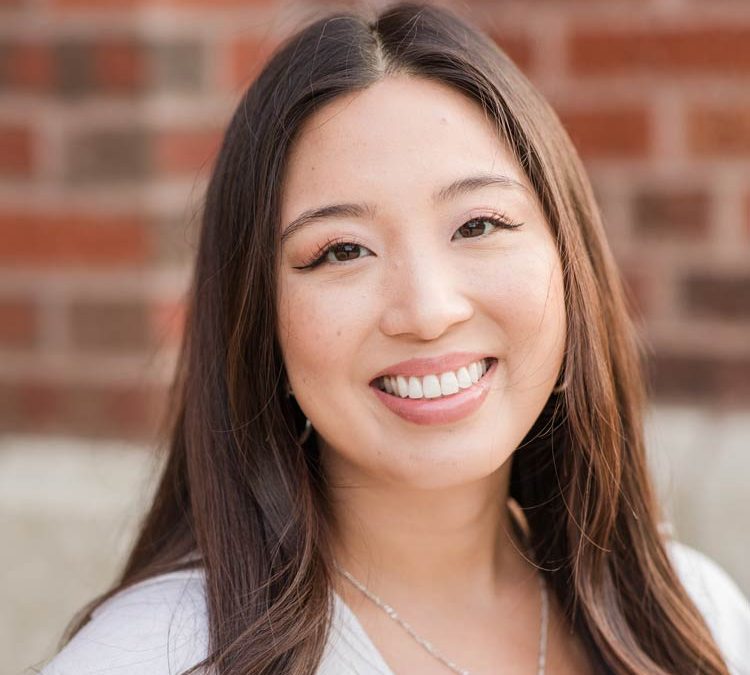Carissa Hwu, MA, LSW
Therapist
She/Her/Hers
Age Served: Adolescents, Young Adults, Adults
Focus: Individual Therapy, Relationship Therapy
Top Specialties: Multicultural issues, Race and cultural identity, Sexual orientation/identity, Family conflict, Generational trauma, LGBTQIA+ Issues, Grief and loss, Stress, Anxiety, Depression, Relationship issues, Life transitions.
Carissa is a Taiwanese/Chinese second-generation immigrant who grew up in the Midwest. Born to first-generation immigrants, she has witnessed the ways her parents’ migration experiences compare to her own and has worked to understand and break cycles of generational trauma. She has dealt with the forces of assimilation, gendered and racialized identity formation, and the need to establish a sense of belonging within an immigrant family surrounded by predominantly Christian, white communities.
Carissa has worked with individuals/couples that are challenged by anxiety, trauma, depression, stress, family/relationship conflicts, racial/sexual identities, LGBTQ+ issues, etc. In therapy, Carissa aims to create a therapist-client relationship that can be used as a vehicle for healing and positive change. She works alongside clients to collaboratively build a stronger sense of self, process traumatic experiences, explore dynamics in all kinds of relationships, and create tools to manage anxiety/depressive symptoms. Employing different approaches such as somatic-based interventions, Psychodynamic, Motivational Interviewing, CBT, DBT, ACT and Relational-Cultural Theory, she tailors each client’s individualized treatment plan to their needs and goals. Carissa ultimately seeks to uplift the spiritual, emotional, and mental well-being of her clients through providing a space where the client feels safe and understood.
Carissa’s curiosity and desire to be a part of a multicultural environment led her to move to California for college where she experienced the joy of building community and pursuing healing practices. She earned her B.S. in Public Health from the University of California, San Diego, and MA from the Social Work program at the University of Chicago. Throughout her training, she has developed a trauma-informed, client-centered, strengths-based approach with clients that is informed by her understanding of how an individual’s daily experiences are situated within the broader context of interlocking systems of power that shape everyone’s lives and health outcomes.


